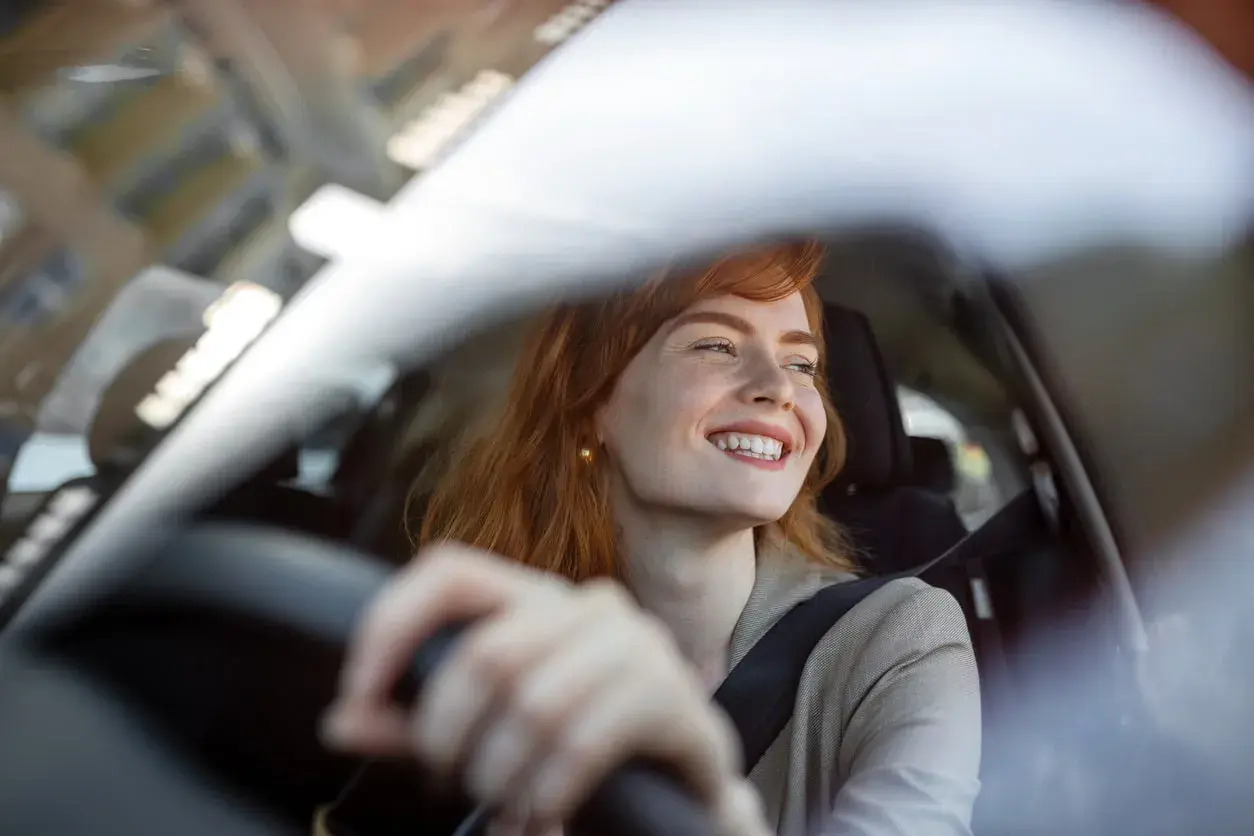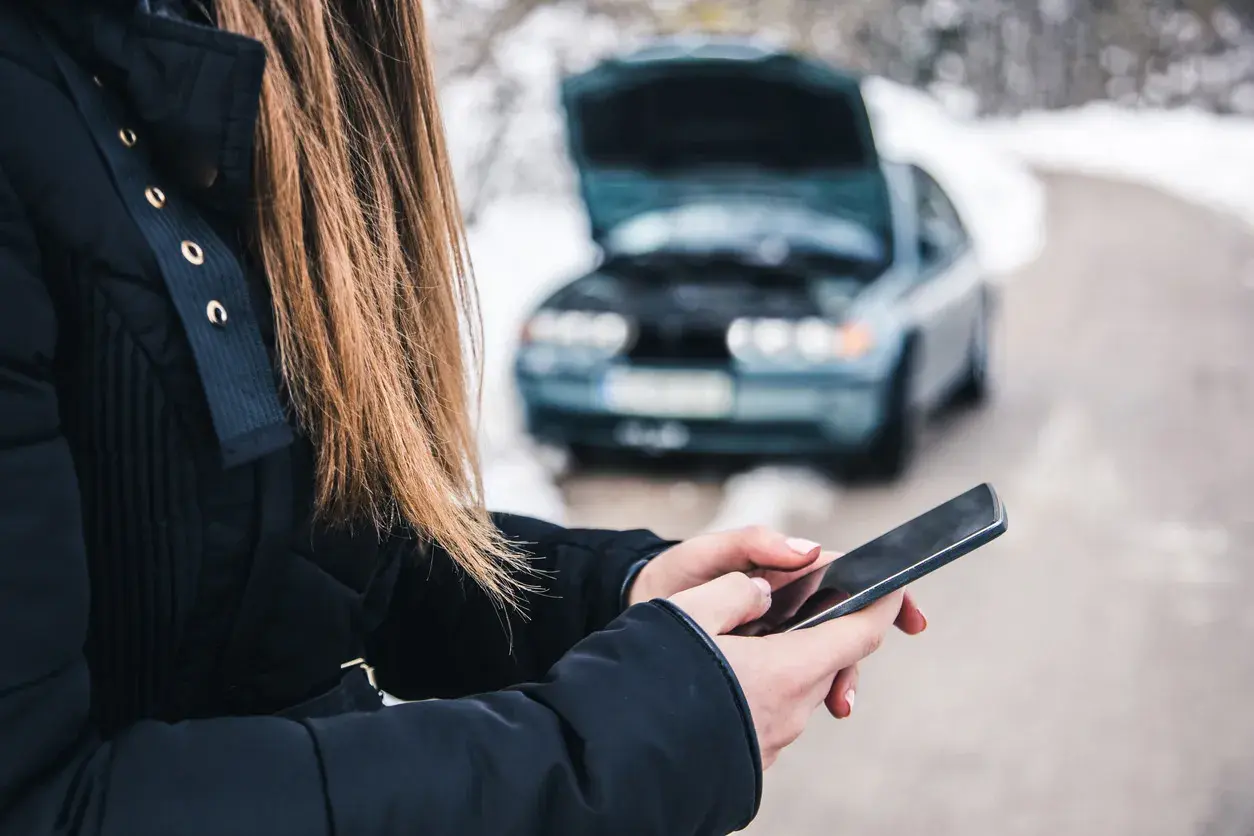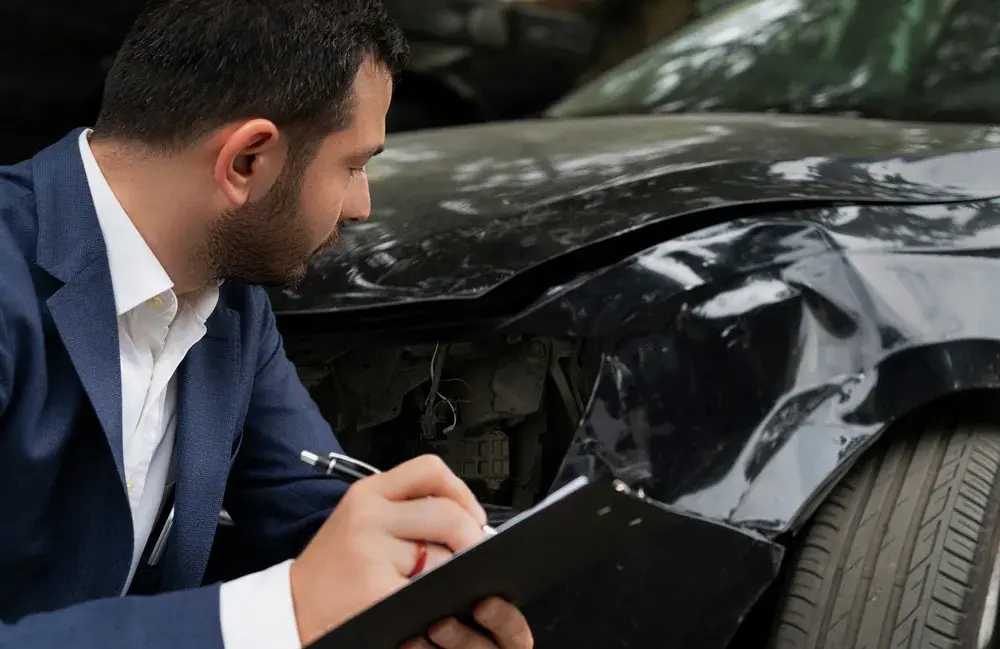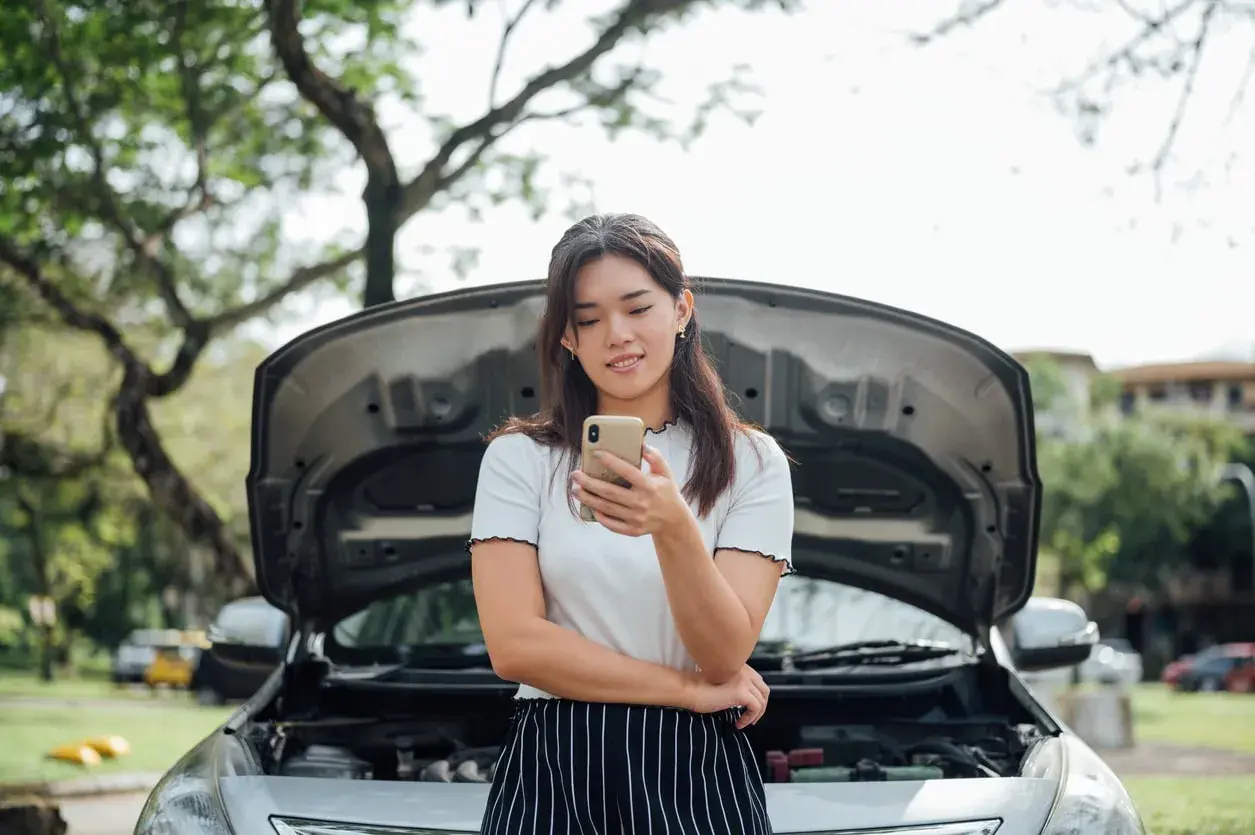Greater control and prevention
Tips for efficient driving
Did you know that efficient driving reduces fuel consumption, reduces pollution, improves driving comfort, reduces risks and saves gasoline?
A well-planned trip will allow you to reach your destination in the quickest, easiest and safest way and to save fuel.
Before you set off on the road with your vehicle, control the main indicators that affect fuel consumption:
-
Engine diagnosis: Detects hidden breakdowns leading to increased consumption and polluting emissions.
-
Filter level control: The filters and levels are very important to keep an engine in optimum conditions.
-
Tyre pressure control: The lack of pressure leads the vehicle to offer greater resistance to the tread, hence, the engine must develop greater power to be able to place and keep the vehicle in movement.
If you are a MyBox Auto client, you are entitled to a free check-up of 20 security points for your vehicle at one of our partnership workshops by calling 91 991 78 21 from Monday to Friday from 8 a.m. to 10 p.m.
Before setting off, more so if it is a long journey, you must streamline the volume and distribution of your load. It is not only a question of space. Driving with 100 kilos of unnecessary weight on board may lead fuel consumption, in an average-sized car, to shoot up by 6%.
Turn on the engine without treading on the accelerator. If your car uses petrol, start off as soon as you turn on the engine. Otherwise, if it has a diesel engine, wait a few seconds before setting off.
Endeavour to drive smoothly, avoiding braking, accelerating and changing gears if not necessary. To decelerate, lift your foot off the accelerator and before pressing the brake pedal, if the situation permits, you can let the engine brake act first. If you must brake, do so gently and change gears as late as possible, paying special attention to downward slopes.
In prolonged stops, it is recommendable to turn off the engine, as an engine that is ticking over consumes fuel.
Air conditioning is one of the accessories that consumes the most fuel. It is recommendable to keep the temperature between 21 or 22 ºC. Driving with the windows down causes greater opposition to the movement of the vehicle. To ventilate the vehicle it is better to use your air conditioning devices.
If you let go of the accelerator when you realise you must brake, the fuel supply is almost halted, so your consumption is reduced by up to 2%. Use slopes to save in fuel consumption. Take advantage of the inertia to bring forward the change in gears by circulating at low revolutions.
In prolonged stops (above 60 seconds), it is recommendable to turn off the engine and provided that the speed and space so permit, you can stop your car without previously reducing gears.
Always drive with an adequate safety distance and an extensive field of vision that allows you to see two or three vehicles in front. When an obstacle or a reduction in the road speed is detected, lift your foot off the accelerator to anticipate the next manoeuvres.




